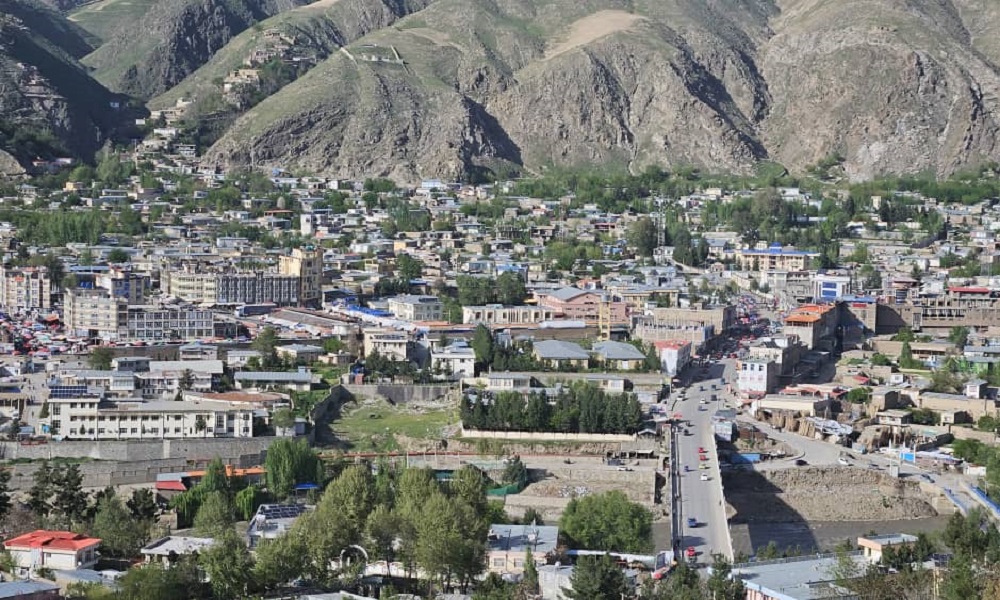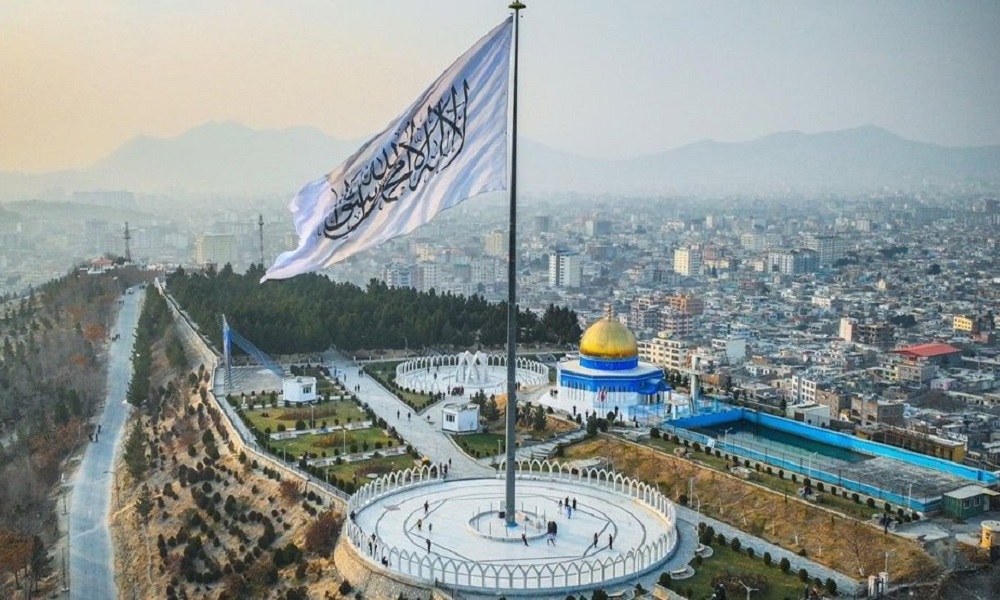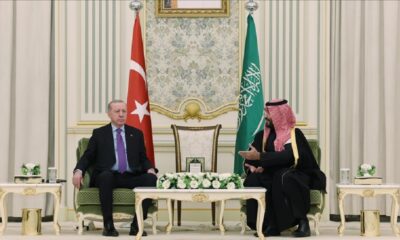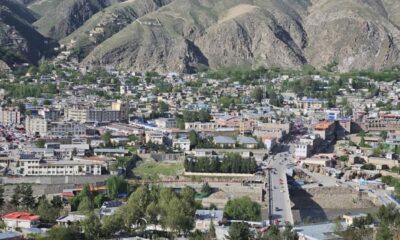Latest News
SIGAR finds single key factor to ANDSF collapse was withdrawal of US troops

The United States’ Special Inspector General for Afghanistan Reconstruction (SIGAR) has found that the single most important factor behind the Afghan National Defense and Security Force’s (ANDSF) collapse in August last year was the US’ decision to withdraw military forces and contractors from Afghanistan.
This decision was taken after the US signed an agreement in February 2020, under former president Donald Trumps administration, with the Islamic Emirate of Afghanistan (IEA) – an agreement adhered to by President Joe Biden.
In their latest report, SIGAR stated that due to the ANDSF’s dependency on US military forces, these events destroyed ANDSF morale.
The ANDSF had long relied on the US military’s presence to protect against large-scale ANDSF losses, and Afghan troops saw the United States as a means of holding their government accountable for paying their salaries.
The US-IEA agreement made it clear that this was no longer the case, resulting in a sense of abandonment within the ANDSF and the Afghan population, SIGAR reported.
The agreement set in motion a series of events crucial to understanding the ANDSF’s collapse, SIGAR stated.
Among those included a drop in the number of US airstrikes; the fact that ANDSF remained reliant on the US military, especially as “the United States designed the ANDSF as a mirror image of US forces.
“This created long-term ANDSF dependencies. The United States created a combined arms military structure that required a high degree of professional military sophistication and leadership,” SIGAR stated adding that the ANDSF had stockpiles of US-provided weapons and supplies, but did not have the logistics capabilities to move these items quickly enough to meet operational demands and had to rely on a thinly-stretched Afghan Air Force to do so.
“As a result, ANDSF units complained that they did not have enough ammunition, food, water, or other military equipment to sustain military engagements against the Taliban (IEA).
“Additionally, the Afghan government failed to develop a national security strategy and plan for nationwide security following the withdrawal of US forces,” SIGAR stated adding that instead, former president Ashraf Ghani frequently changed ANDSF leaders and appointed loyalists, while marginalizing well-trained ANDSF officers aligned with the United States.
The constant turnover weakened military chains of command, trust, and morale in the ANDSF. “Young, welltrained, educated, and professional ANDSF officers who grew up under US tutelage were marginalized and their ties to the U.S. became a liability.”
SIGAR also stated that the United States created more long-term dependencies by providing the ANDSF with advanced military equipment that they could not sustain and that required a US military or contractor presence and that the US lacked any real way to measure the ANDSF’s development.
“The metrics DOD used were inconsistent and unable to measure the development of ANDSF capabilities and capacities over time,” SIGAR stated.
SIGAR also stated that while ANDSF members have either left Afghanistan, or are in hiding, there are those who “have joined extremist groups in Afghanistan.”
Latest News
Traffic accident in Badakhshan leaves 12 dead, 3 injured

Ehsanullah Kamgar, spokesperson for the Badakhshan Provincial Police Command, said that 12 people were killed and three others were seriously injured in a traffic accident in Arghanjkhwah district of the province.
Kamgar added that the incident occurred at noon on Saturday in the Samdar area of Arghanjkhwah district.
According to him, the victims include men, women and children.
He explained that the incident happened when a Flancoach -type vehicle veered off the road due to poor road conditions and plunged into a ravine.
The injured were transferred to health centers for treatment, and the condition of some of them has been reported as critical.
Latest News
Afghanistan to grant one- to ten-year residency to foreign investors

The Islamic Emirate of Afghanistan has approved a plan to grant foreign investors residency permits ranging from one to ten years in exchange for investment in the country.
The decision was endorsed during a regular meeting of the Economic Commission, chaired by Deputy Prime Minister for Economic Affairs Mullah Abdul Ghani Baradar.
According to a statement from the deputy PM’s office, a designated committee has been tasked with determining the length of residency based on the volume of investment, which will be categorized under specific criteria.
Latest News
Traffic police receive new cars

The Ministry of Interior has announced the delivery of several new, modern cars to the General Directorate of Traffic Police, replacing the older fleet that consisted mostly of trucks.
According to a ministry statement, the new vehicles, equipped with special traffic police colors, markings, and modern equipment, are expected to play a key role in maintaining traffic order in cities and on main roads, preventing accidents, and providing faster services to the public.
-

 Sport4 days ago
Sport4 days agoJapan trumps Afghanistan 6-0 in AFC Futsal Asian Cup quarter-final
-

 Sport3 days ago
Sport3 days agoHosts and heavyweights advance as AFC Futsal Asian Cup reaches semifinals
-

 Latest News2 days ago
Latest News2 days agoTerrorist threat in Afghanistan must be taken seriously, China tells UNSC
-

 Latest News3 days ago
Latest News3 days agoUzbekistan, Pakistan advance Trans-Afghan railway project
-

 Business4 days ago
Business4 days agoAfghanistan seeks expanded ties with Russia in energy, mining and infrastructure
-

 Sport3 days ago
Sport3 days agoWinter Olympics finally underway, ATN to broadcast exclusively across Afghanistan
-

 Sport3 days ago
Sport3 days agoAfghanistan beat West Indies in final T20 WC warm-up match
-

 Regional4 days ago
Regional4 days agoTurkish President Erdogan meets Saudi Crown Prince in Riyadh
























